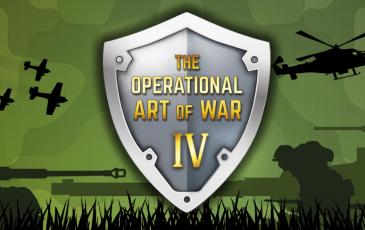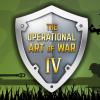GERMANY - NORTHERN GERMANY 1990
Gateway to the Rhine
Designer: Trey Marshall (
[email protected])
TOAW ver. 3.0.0.0
:: PBEM ::
:: Warsaw Pact PO, NATO PO ::
Date: May 9th, 1990
Location: Northern Germany
Map scale: 5 km per hex
Time scale: six hour turns
Unit scale: Companies / Battalions / Regiments
Length: 28 turns
UNIT COLORS
Warsaw Pact
White on Red - Soviet
White on Light Red - Polish
NATO AFNORTH
White on Brown - British 1st Armoured Division
White on Grey - German Bundeswehr elements of I Korps
White on Green - US 3rd Brigade/2nd Armor Div
Orange on Green - Dutch I LegerKorps
Order of Battle:
Warsaw Pact:
Soviet 2nd Guards Army
16th Guards Tank Division
21st Motorized Rifle Division
94th Motorized Rifle Division
207th Motorized Rifle Division
Soviet 11th Guards Army (Baltic Military District)
1st Guards Tank Division
40th Guards Tank Division
1st Guards Motorized Rifle Division
26th Guards Motorized Rifle Division
3rd Guards Motorized Rifle Division
Polish Pomerian Military District
12th Mechanized Division
8th Mechanized Division
20th Armored Division
16th Armored Division
NATO:
Bundeswehr I Korps:
6th PanzerGrenadier Division
3rd Panzer Division
11th PanzerGrenadier Division
3 Pz Bde/1st Panzer Division
British I Corps:
1st Armoured Division
Dutch I LegerKorps
1st Mechanized Division
4th Mechanized Division
5th Mechanized Division
United States III Corps forward
3rd Brigade/2nd Armored Division
Background - A crisis situation turns into an international conflict once United States and Russian troops clash in Iran. Warsaw Pact forces mobilize all along the border while NATO begins a general recall of all its forces. NATO forces are not allowed to assume their general defense positions because of German political considerations. At 0600 on the 5th of May, H-Hour for the general Warsaw Pact invasion of Western Europe began highlighted by intense artillery barrages, spetznatz raids, and air strikes on strategic targets.
NATO finds itself in a dangerous position. Almost all NATO units are located in their motorpools and are in the process of uploading ammunition from local ammunition depots. It will be hours until the ammunition is uploaded, driven back through refugee traffic jams, and downloaded to the units. Also, NATO units are dispersed all across Germany and it may take a day or two until they will arrive in their GDP positions. The only asset NATO has is its thin line of Armored Cavalry Troops and Companies already deployed on the border. These small units most delay the Warsaw Pact long enough for NATO units to build a cohesive defense.
The North German Plain will probably be the Warsaw Pact's primary avenue of approach reinforced with significant second and third echelon armies to achieve a considerable breakthrough to the Rhine bridges in Holland. The terrain is relatively flat and has a lesser amount of forested regions than other areas of Germany. Once Warsaw Pact forces break out of the primary NATO defenses, a withdrawing NATO player will find it difficult to find defensible terrain. The main problem with this sector is the soft soil which could easily become a quagmire after armored vehicles traverse across it. Offensives could become limited to major autobahns if it begins to rain.
































